A DAO (decentralized autonomous organization) is an advanced system of group decision-making. It carries out decision-making without authority through smart contracts on blockchain technology. DAO is a very critical constituent of the Web3 space as it champions the concepts of governance without an intermediary, transparency, and independence that will be critical in the future web.
It is an entity that can work automatically without manual management, and management takes place through a consensus of all members using smart contracts. Collective or group decision-making in these organizations is done by mechanisms based on the voting power of the participants through the tokens they hold, and all transactions by the organization are in the blockchain and hence cannot be altered.
The concept of a DAO ensued with the creation of the blockchain platforms, specifically the Ethereum blockchain. The DAO project was started in 2016 and was the first tremendous attempt to deploy a DAO as a venture capital fund. Despite some hacks that resulted in the loss of some of its capital, the project contributed towards the birth of the current DAO.
DAO is also an integral part of the Web3 ecosystem because it offers an easy and hassle-free approach to managing any projects within the digital economy. Essentially, DAO allows for a more democratic and community-oriented way of developing, and managing protocols, investments, and all elements of an organization.
How DAO works: Basic principles
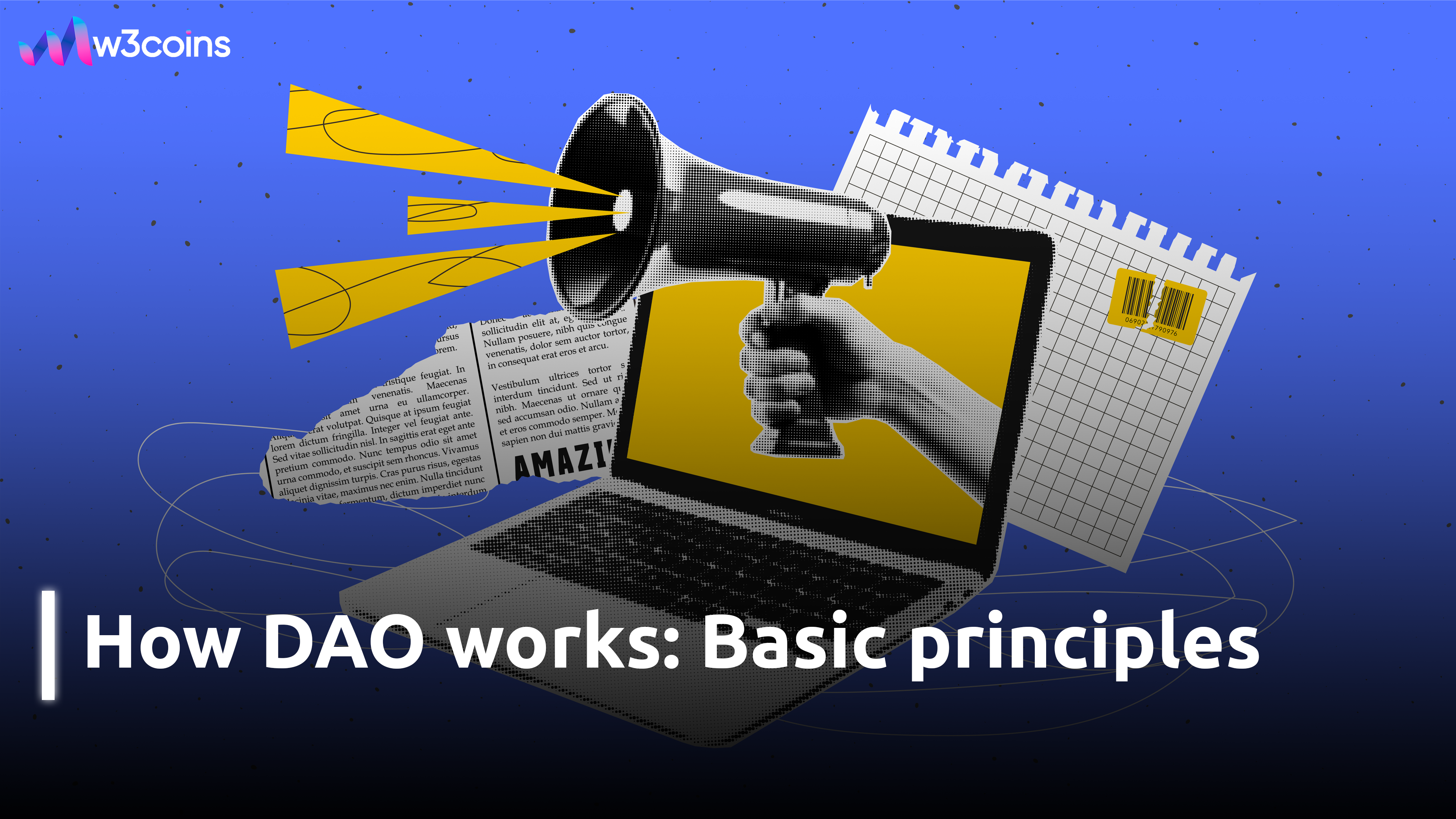
Firstly, the DAO operates based on some elements that include: smart contracts, governance tokens, and voting systems.
DAO is smart contracts based, which means that it is a program that executes certain processes upon specific conditions being met. This control implements all dimensions of the functioning of a DAO, i.e., governance, and distribution of resources. Internal to the DAO, all members are endowed with governance tokens that allow them to participate in voting. The quantity of these tokens determines the level of control one has over the decisions.
Ethereum and other crypto tokens are the core of self-governance in DAO. DAO can, through unanimous decision-making, durable or more complex, carry out the activity-indicating without referent governance.
Governance tokens are a means to the end of power decentralization. Simply put, they can vote on whether the project should have certain features or what structure it may have, providing decentralization in the management.
All the operations and casting of votes in a DAO are done in the open through blockchain technology. This aspect elicits trust from the DAO members, as the management cannot use illegal means to cover up and hide from accountability.
Types of DAO and examples of successful projects
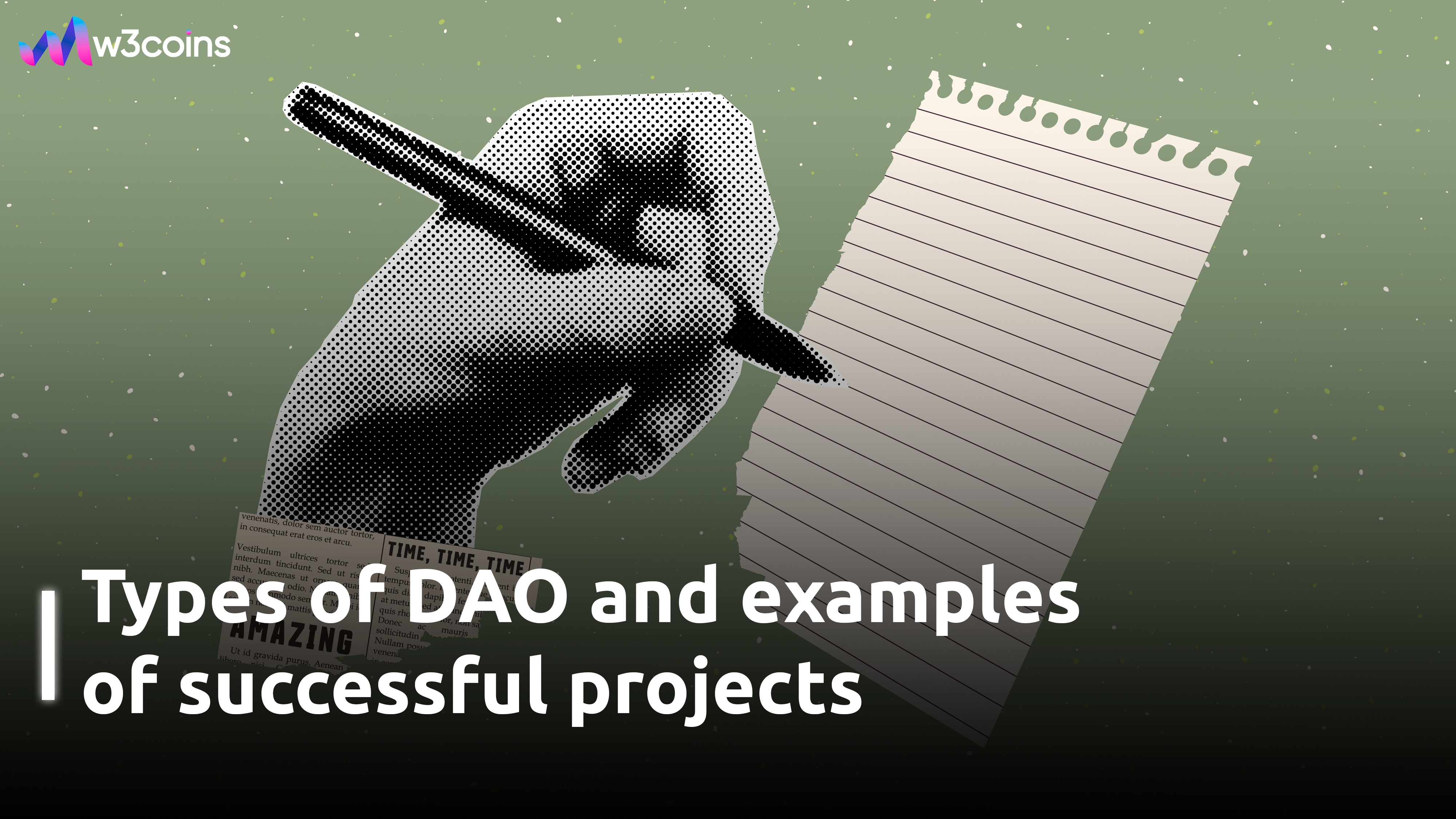
DAO can be categorized into different types depending on their purpose and structure. Below, we will look at the main types of DAO and successful projects representing each category.
Investment DAO
Investment DAO are specifically created for the interesting idea of investment, where members come together to make investment decisions regarding a project or asset to fund. The DAO was the earliest version of such an approach, but the project eventually collapsed because of technical shortcomings. In modern times, other projects like the Flamingo DAO also further this model by enabling members to purchase NFTs and other crypto assets in instances where pooling is done.
Social DAO
Friends with Benefits (FWB) is a social DAO market that is organized on such values as creativity, music, or even other fascinating factors such as innovation. Members actively define what kind of growth and which projects endorsed in the DAO they would like to orientate towards.
Grant and charity DAO
The Gitcoin DAO is an example of a DAO that has been set up to facilitate the funding of open-source and decentralized initiatives. In support of grant-based and charity causes, the DAO also seeks to help building Web3 by having initiatives that are open source.
DAO for protocol management
Protocols like Uniswap and Aave have respective DAO that facilitates the governance of these DeFi protocols. People who possess governance tokens wield the power to change the protocol including its features, and economic model among others, thus facilitating the decentralized management of the protocol.
Current DAO trends
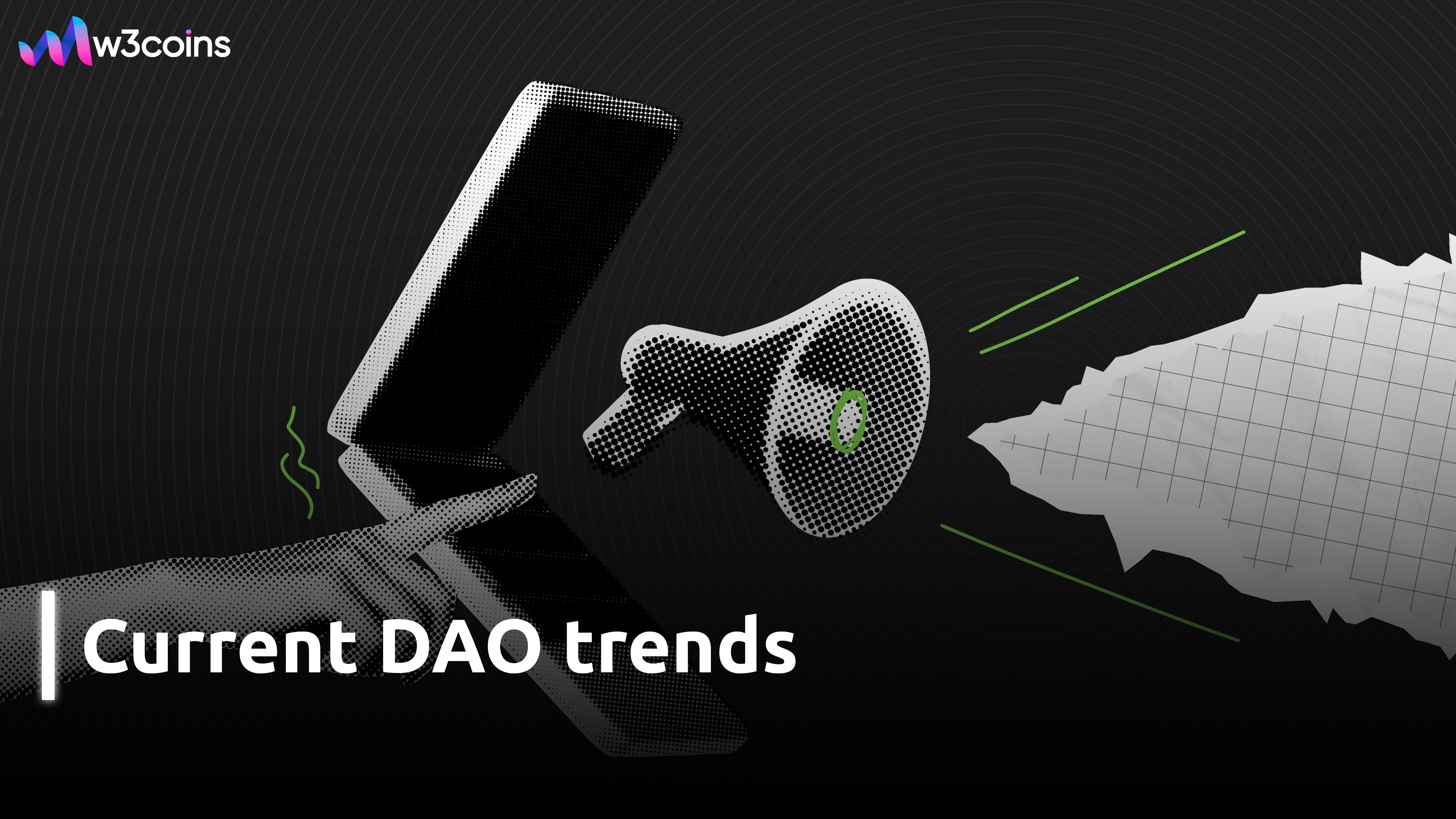
All over the world, the pace, and the interest in DAO are increasing, especially among the technological startups and companies in the Web3 space. More and more of the newly founded companies embrace DAO as a form of collective governance and investment tool, with no court and hierarchy to sabotage the openness of actions. For this reason, smart contracts have been developed alongside blockchain technologies so that DAO can amplify their operations across borders.
Also, DAO is being integrated into different aspects of managing communities within the metaverse and decentralized gaming platforms. For instance, the users may decide how to develop the game world, manage its assets, or share the profits derived from the activities in the meta-universe through the use of DAO.
Most companies are logical to start looking into the integration of some decentralized governance principles into their operations in the seek of transparency and efficiency. Established as it is, there are endless possibilities of how DAO can become a structural element of businesses which will allow ownership distributed management within an organization, resulting in lower overhead burns and higher participation within the procedures.
Challenges faced by DAO
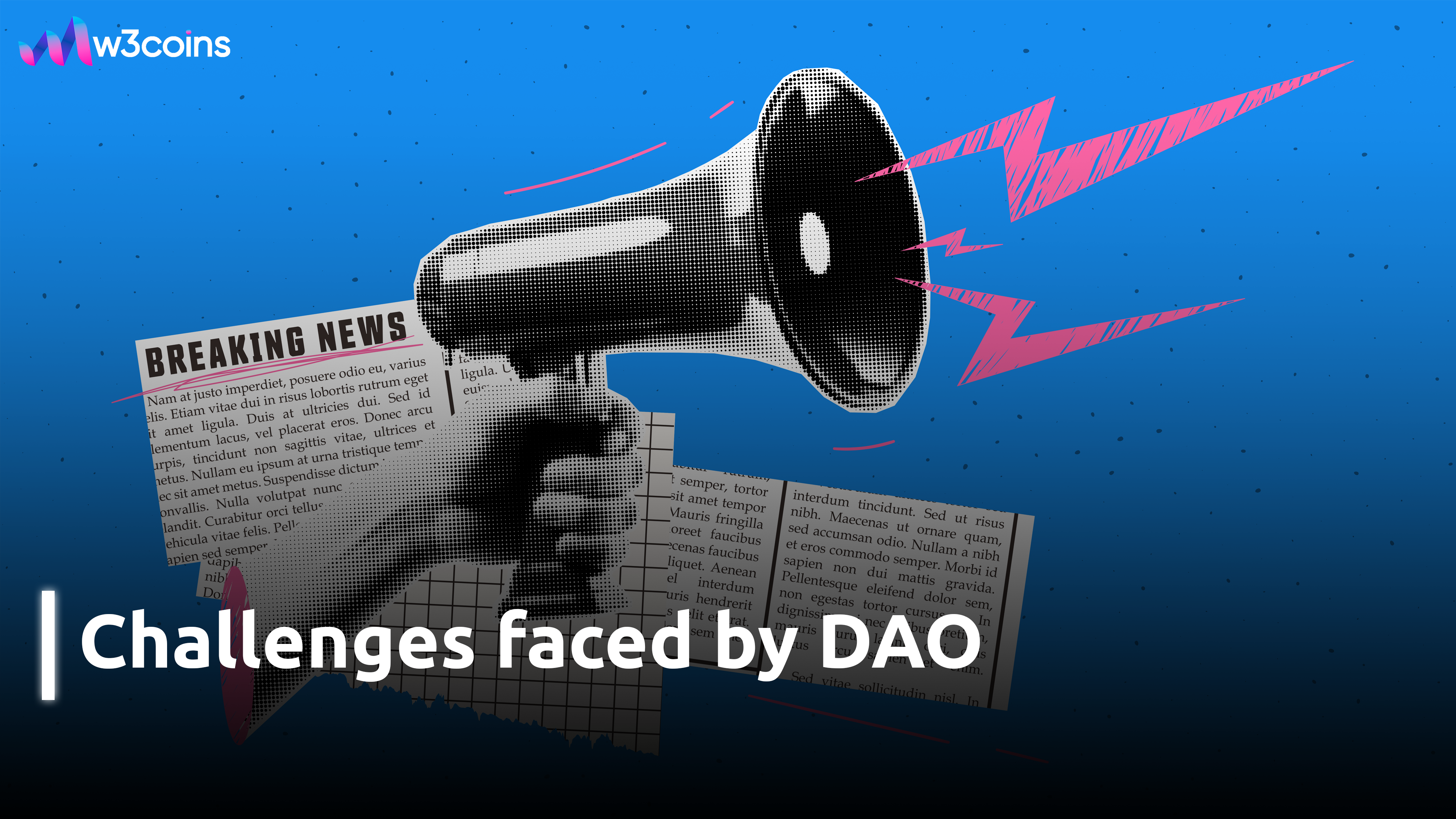
Yet, despite its rapid advancement and popularity, certain barriers might constrain the growth of DAO.
The legal status of DAO puts them in the gray area. Many developed countries lack the proper definition of law governing the decentralized organization. This puts the interested parties at great risk, particularly on investment security. It is important to point out that for DAO to be legitimized, there is a need to either revise existing laws or come up with some laws that will govern their practices.
DAO aims for decentralization; however, there is a problem regarding the rule where most of the decision-making power is concentrated on one class of participants, “power grabbing”. This is quite hard as there is a need to come up with new governance structures that will be equitable to all and protect the minority.
Still, the term DAO is a very new one for most people, and this fact, unfortunately, helps to prevent the widespread implementation of such technology. More educational initiatives are needed, not only to list the advantages, but also to explain to users the principles of action and how to participate in the management of DAO.
Conclusion
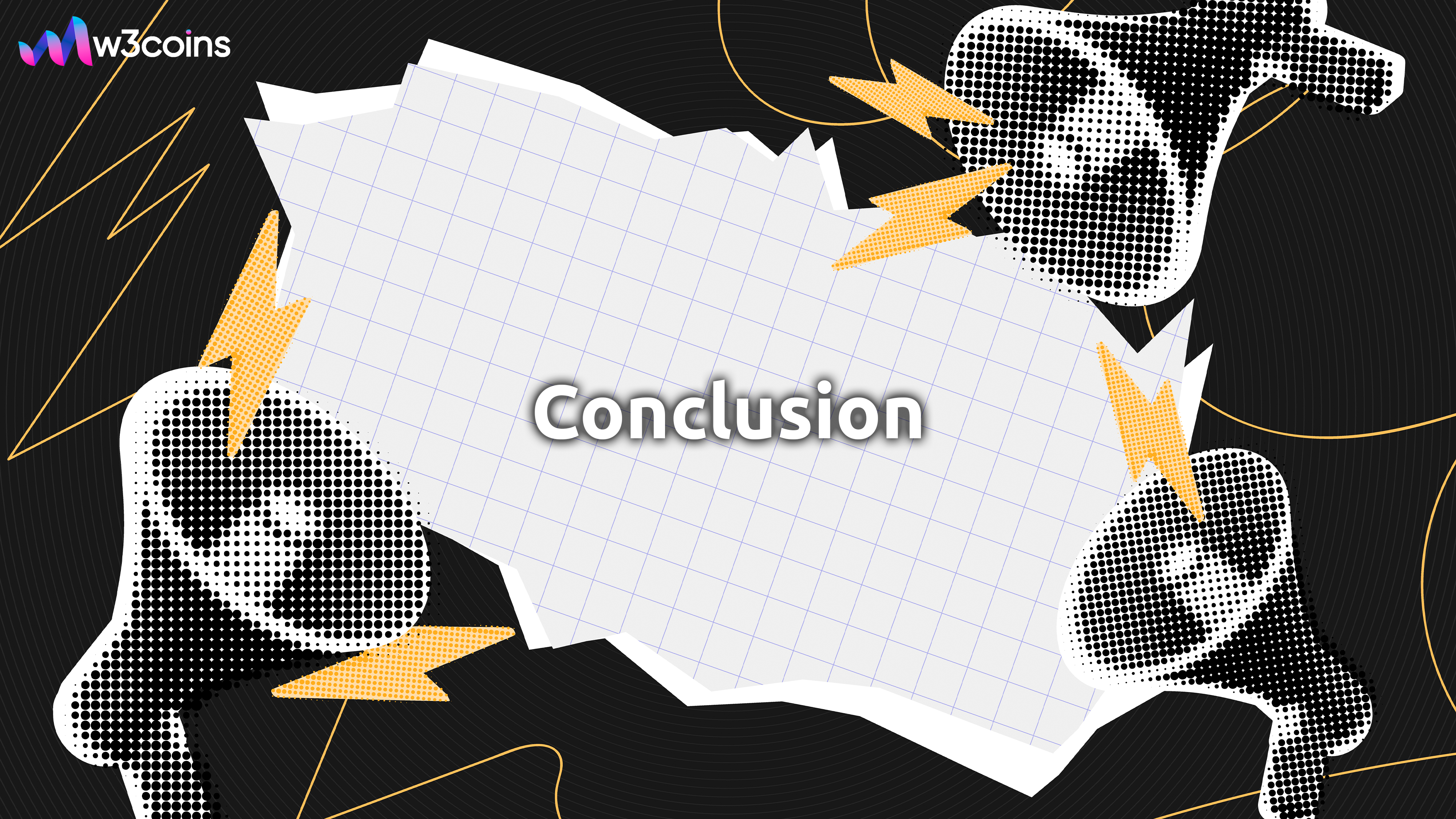
In the evolution of Web3, DAO is very helpful as it gives power and self-governance to online communities and projects. Due to the nature of smart contracts and blockchain, DAO ensures that no central authorities control any processes and this makes policies easy and fair. This opens the door for new businesses, communities, and various innovations in sectors spanning from banking to arts.
DAO will be an effective form of governance in the online space going forward, and it’s perhaps the right time to delve into this technology. We urge you to be part of this advancement by learning other ways of governance that may be used in the 21st-century economy.